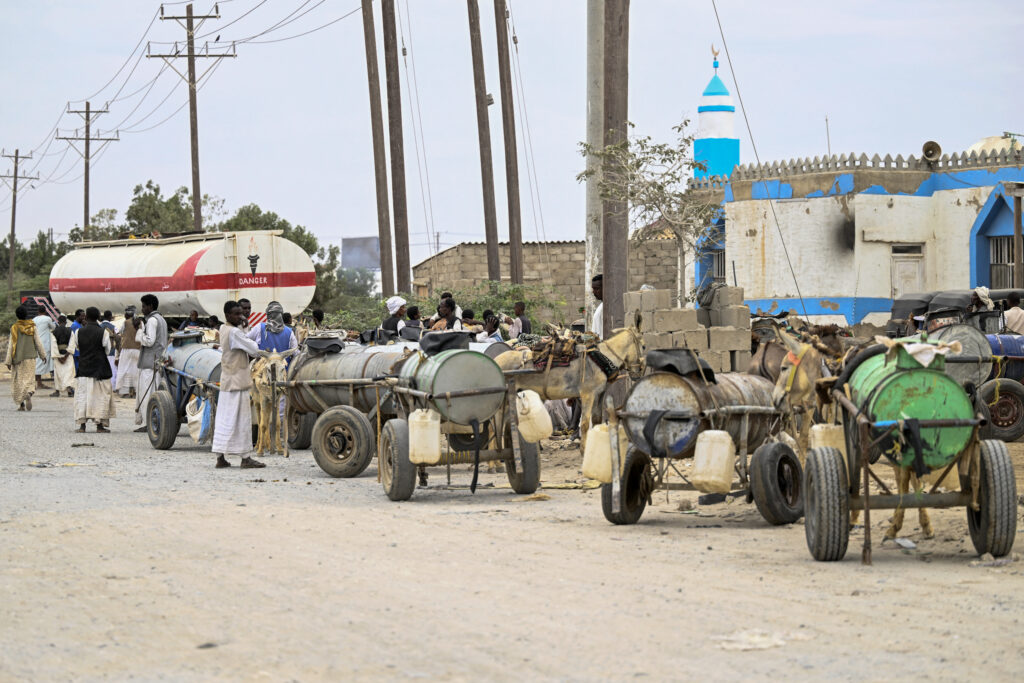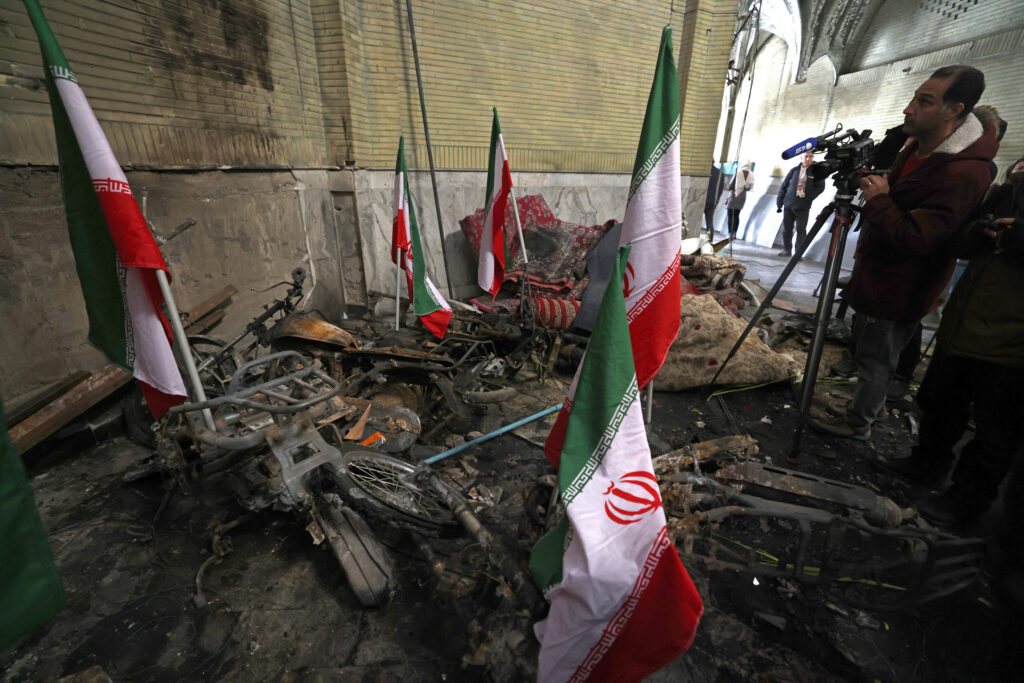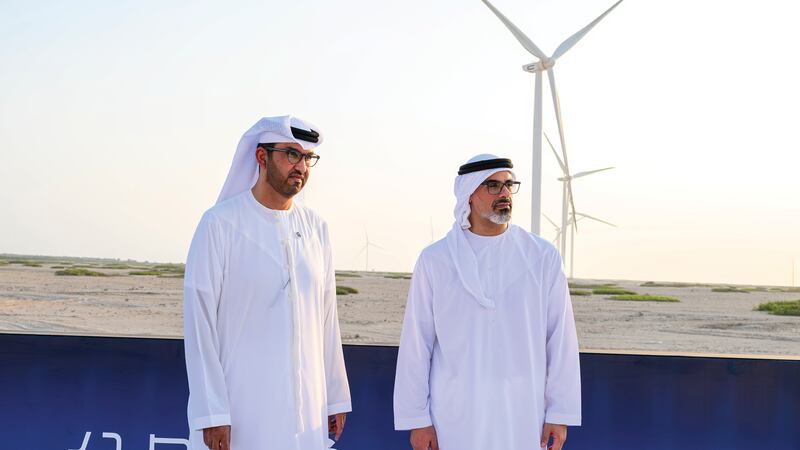
Series Introduction
Climate-induced Security Challenges
Climate change – e.g., rising temperatures, rising sea levels, more frequent and intense extreme weather events – not only aggravates existing vulnerabilities such as food and water insecurity but can also lead to heightened competition over diminishing natural resources, widespread displacement, increased societal tensions and conflict.
While science has been unequivocal about the physical impacts of climate change, scientific evidence to support its link to security risks is tenuous. Understanding climate-induced security challenges is crucial, particularly for countries most exposed to climate change impacts. By providing evidence-based perspectives to improve our understanding of climate-induced security risks, this Insight series aims to generate insights that support crafting strategies to mitigate such risks.
CLICK HERE FOR THE FULL INSIGHT
Sudan is highly vulnerable to climate change. Like other countries in conflict, it has weak adaptive capacity. When the non-violent revolution toppled the regime in April 2019, Sudan began a plethora of climate initiatives. Supported by constitutional and peace processes addressing some of Sudan’s structural problems, adaptation policy and programmes were developed and climate finance secured. However, the outbreak of war in April 2023 has brought climate action to a standstill, triggered massive violations of human rights and new displacement. The Sudan case illustrates the urgent need for peacebuilding and accountability as part of climate security strategy.
Image Caption: People refilling donkey-drawn water tanks during a water crisis in Port Sudan, where war has exacerbated the effects of climate change and man-made actions on water supply, 9 April 2024. Photo: AFP
About the Author
*Dr Johan Schaar is an Associate Senior Fellow at the Stockholm International Peace Research Institute (SIPRI). He has a background in humanitarian and development affairs in the Red Cross Red Crescent Movement and for the Swedish Government, among other things, serving in East and Southeast Asia and the Middle East. He was the director of the Commission on Climate Change and Development and has worked at the World Resources Institute.




